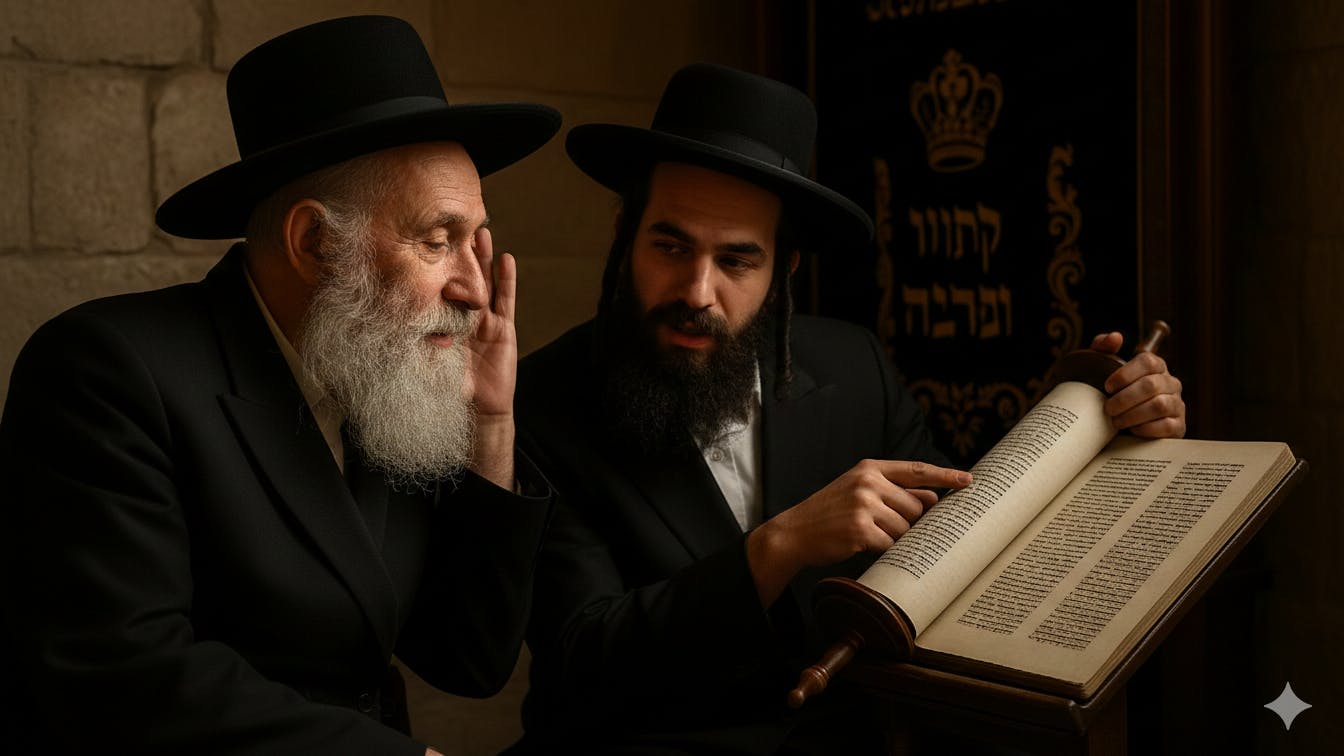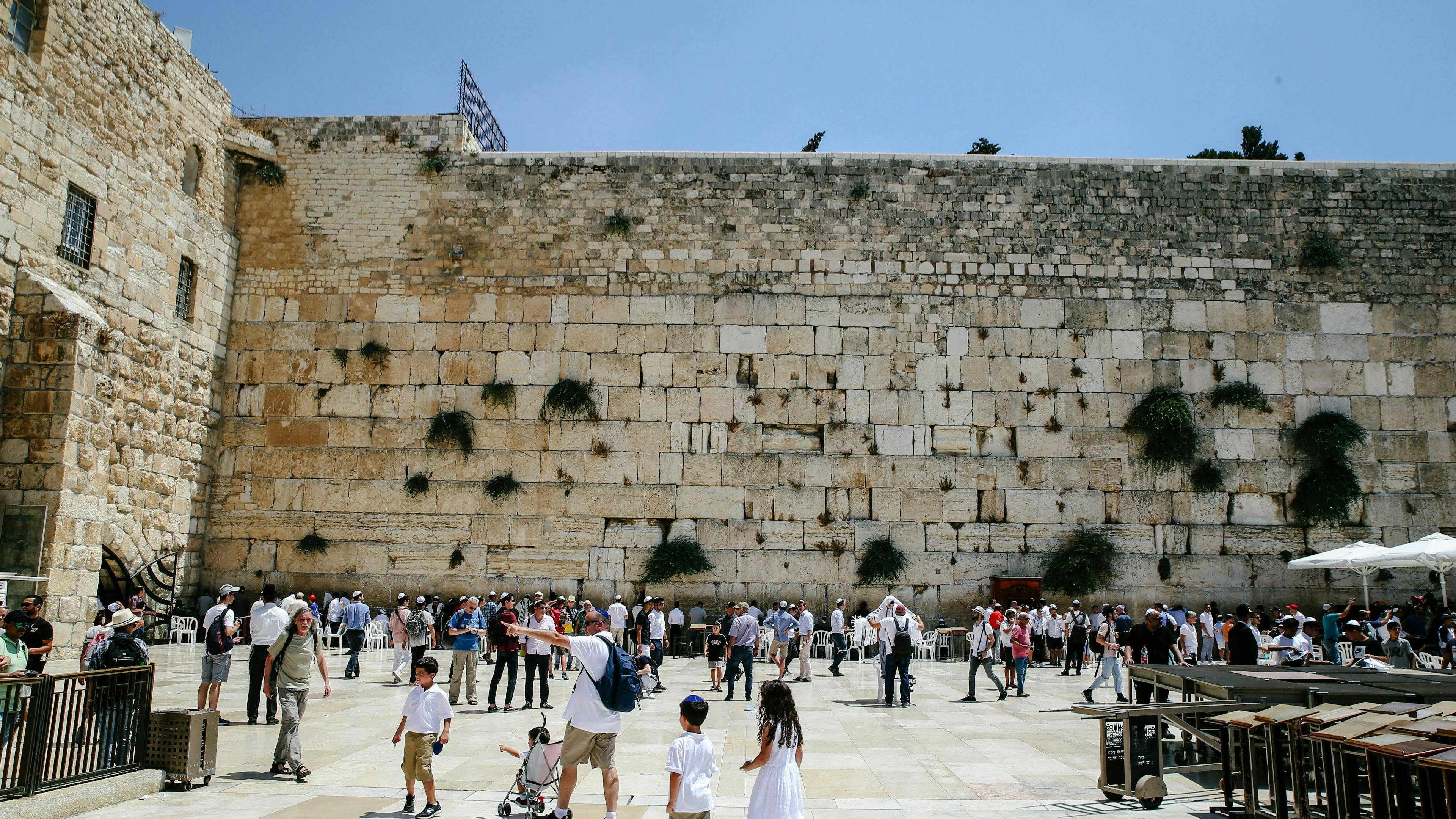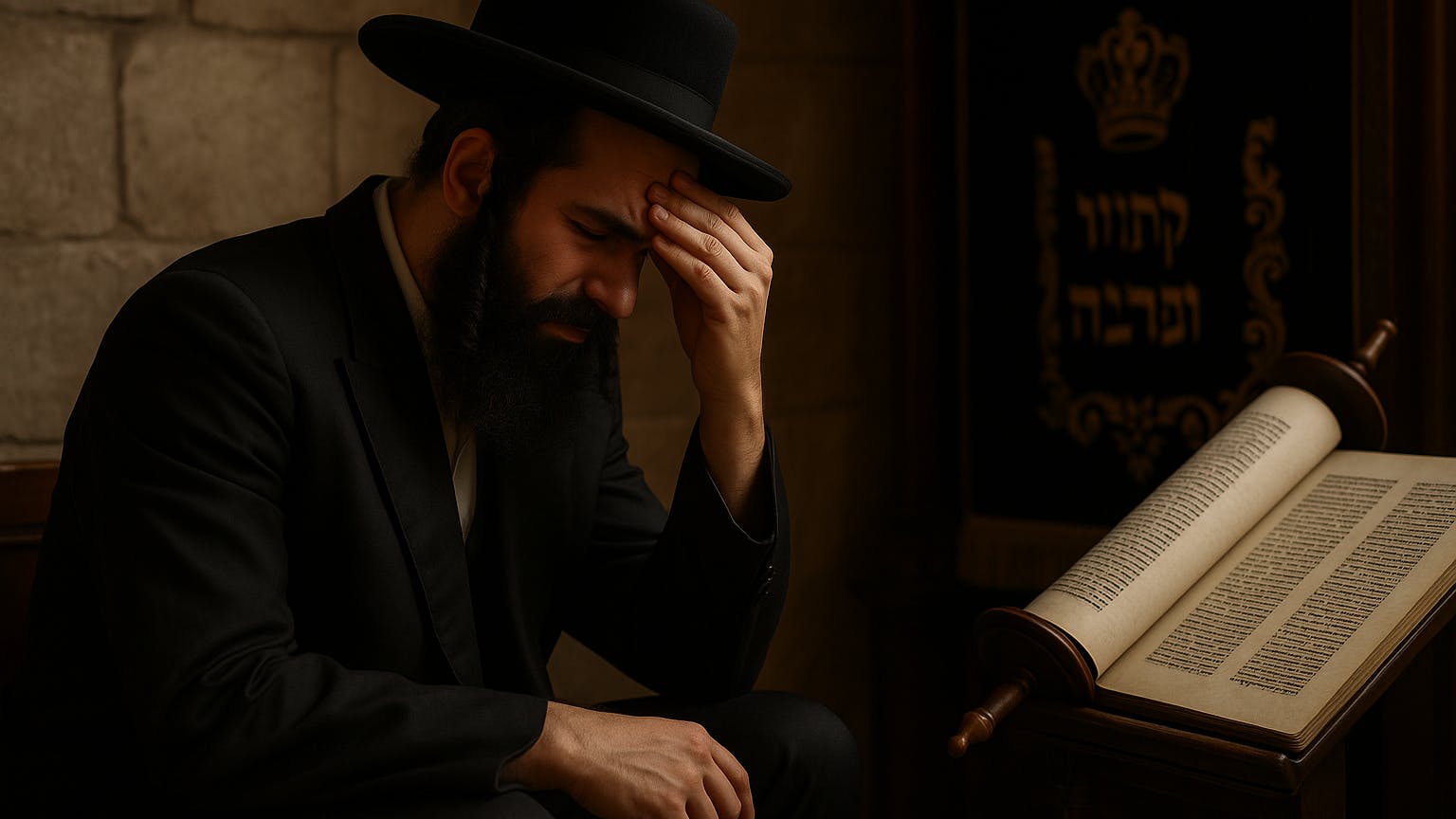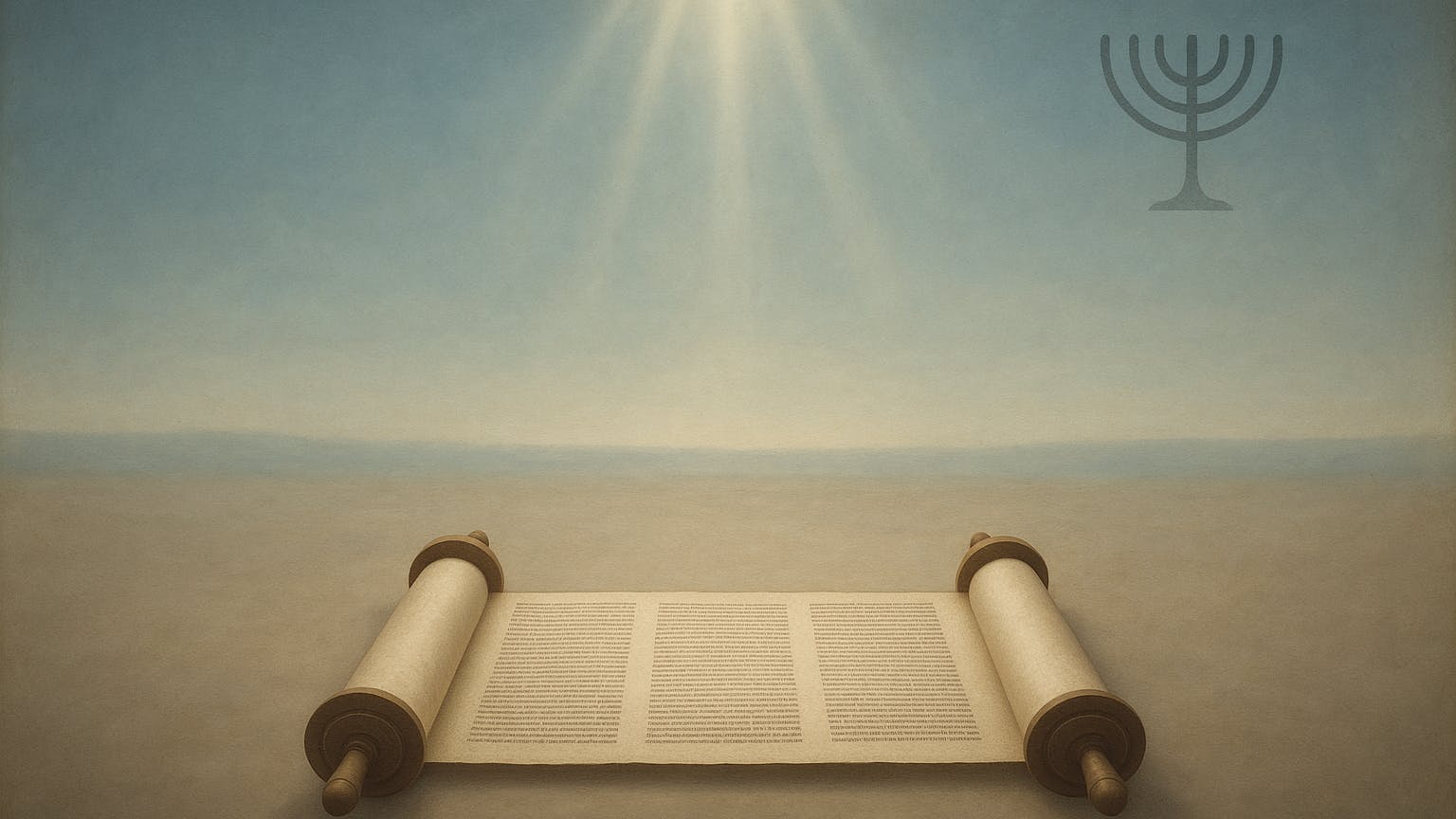If you have ever read the Bible, you will notice that there are direct commandments, historical descriptions, divine songs, and even precise measurements, spanning millennia. How then ought we to read the Bible in order to understand its meaning, and thus comprehend what God is saying to us? And how can we understand Hosea’s prophecy (Hosea 11:1): “When Israel was a child, then I loved him, and called my son out of Egypt.”?
In rabbinical hermeneutics, there is a four or five-fold approach, as explained on the Chabad website.
In brief, the first level known as Pshat is the literal meaning of the Scripture, while the second level draws out hints and allusions beyond what is literal. The third level is Drush, from which ethical or moral homilies and halachic rulings can be derived. The fourth level is Sod, which is esoteric and has to do with Kabbalah, and the fifth is said to be Sod of Sods, concerning the philosophy of Hasidism.
The rabbis therefore recognize the general truth that Scripture can contain profound truths that are not immediately grasped. While Origen introduced into Christianity a similar four-fold way of reading Scripture (termed: literal, allegorical, tropological, and anagogical), the correct approach to the Bible is to search for the literal meaning: what God intended the reader to understand.
In the case of Hosea’s prophecy concerning Egypt, we must examine the text closely to gain a true understanding of it. It is written in Hosea 11:1:
Commenting on this text, Rabbi David Kimchi argues that God was more angry with Israel than other nations for Israel’s transgressions of his commandments.
So could this verse really be talking about Messaih? In the New Testament, we read of the Messiah, Jesus Christ, who also went down to Egypt – and we learn that this coheres with Hosea’s prophecy. Matthew 2:13-15 reads: “And when they were departed, behold, the angel of the Lord appeareth to Joseph in a dream, saying, Arise, and take the young child and his mother, and flee into Egypt, and be thou there until I bring thee word: for Herod will seek the young child to destroy him. When he arose, he took the young child and his mother by night, and departed into Egypt: And was there until the death of Herod: that it might be fulfilled which was spoken of the Lord by the prophet, saying, Out of Egypt have I called my son.”
Just as the sons Israel went down to Egypt, and stayed there for over 200 years from Joseph to Moses, and then God brought the Jews out of Egypt with a mighty hand, and with an outstretched arm (Deuteronomy 26:8, Psalm 136:12), so too Jesus went down to Egypt and would come out of Egypt also, as we read in Matthew 2:19-21: “But when Herod was dead, behold, an angel of the Lord appeareth in a dream to Joseph in Egypt, Saying, Arise, and take the young child and his mother, and go into the land of Israel: for they are dead which sought the young child's life. And he arose, and took the young child and his mother, and came into the land of Israel.”
Yet the closer we look at the prophecy, the more clearly we can see that Jesus was indeed intended. Firstly, we know that Jesus was promised to be from the seed of the woman Eve (Genesis 3:15): “And I will put enmity between thee and the woman, and between thy seed and her seed; it shall bruise thy head, and thou shalt bruise his heel.” And this promised seed was specifically to come through Isaac’s lineage: “for in Isaac shall thy seed be called” (Genesis 21:12), and through Isaac’s grandson Judah (Genesis 49:10): “The sceptre shall not depart from Judah, nor a lawgiver from between his feet, until Shiloh come; and unto him shall the gathering of the people be.”
When Israel was brought out of Egypt in the time of the pharoahs, the Angel of God accompanied them (Genesis 14:24): “And it came to pass, that in the morning watch the Lord looked unto the host of the Egyptians through the pillar of fire and of the cloud, and troubled the host of the Egyptians.”
“And the angel of God, which went before the camp of Israel, removed and went behind them; and the pillar of the cloud went from before their face, and stood behind them”
Genesis 14:19
[...] “And it came to pass, that in the morning watch the Lord looked unto the host of the Egyptians through the pillar of fire and of the cloud, and troubled the host of the Egyptians.” Here we see this Angel of the Lord accompanying the Israelites – and who was he? We learn that he himself was sent by God the Father in Exodus 23:20: “Behold, I send an Angel before thee, to keep thee in the way, and to bring thee into the place which I have prepared.” That Jehovah the Father and Jehovah the Son are both God, is clear in the Torah, as we read in Genesis 19:24: “Then the Lord rained upon Sodom and upon Gomorrah brimstone and fire from the Lord out of heaven;” and the Shema of Deuteronomy 6:4 shows forth three mentions of the one God: “Hear, O Israel: The Lord our God is one Lord” – pointing to the Trinity in Unity.
We learn in Genesis 32 that when Jacob wrestled with an angel all night, this angel was God, as the angel himself declares in verse 28: “And he said, Thy name shall be called no more Jacob, but Israel: for as a prince hast thou power with God and with men, and hast prevailed.” Jacob believed in this angel for the forgiveness of his sins (Genesis 48:16): “The Angel which redeemed me from all evil, bless the lads; and let my name be named on them, and the name of my fathers Abraham and Isaac; and let them grow into a multitude in the midst of the earth.” Jacob was redeemed from the evil that ensnares every man, known as sin, by his redeemer, the Angel of the Lord.
This context helps us to understand the presence of Jesus among Israel in the exodus out of Egypt. Yet still, it would seem too much to argue that the Holy Spirit only intended the reader to understand a future prophecy of Christ in the words of Hosea 11:1: “When Israel was a child, then I loved him, and called my son out of Egypt.” Thus God calls Israel his firstborn son in Exodus 4:23-24:
“And thou shalt say unto Pharaoh, Thus saith the LORD, Israel is my son, even my firstborn: 23 And I say unto thee, Let my son go, that he may serve me.”
Exodus 4:23-24
The literal meaning of Hosea 11:1 then seems to be this: Israel as the firstborn son of God points forward (as the “type”), in order to foreshadow Jesus Christ (“the antitype”). God’s fatherly care of Israel, and his loving care for our nation, should cause us to think clearly of his love for his begotten Son Jesus Christ. Hence Jesus is the promised Son of God of whom we read in the Scriptures (Psalm 2:7): “I will declare the decree: the Lord hath said unto me, Thou art my Son; this day have I begotten thee.”
Even until this day, God has lovingly protected the Jewish people through the centuries, and has promised that one day all Israel will be saved (Romans 11:26), meaning that our nation will turn to Jesus the Messiah in true repentance and faith. Now, however, today is the day that you personally ought to repent and believe. Do not delay it until tomorrow or next year; you may perish before then! In the inspired words of the apostle Peter – himself a Galilean Jew – “Repent ye therefore, and be converted, that your sins may be blotted out, when the times of refreshing shall come from the presence of the Lord.” (Acts 3:19)
It is high time for you to come out of your personal “Egypt” of sin, and place your trust in the Redeemer, the Angel of the Lord, the Son of God: Jesus Christ, so that you are no longer in Egyptian captivity, but – freed from sin – you may be united to the Messiah and know God forevermore.
More Topics
You might alsoo be interested in these topics.




